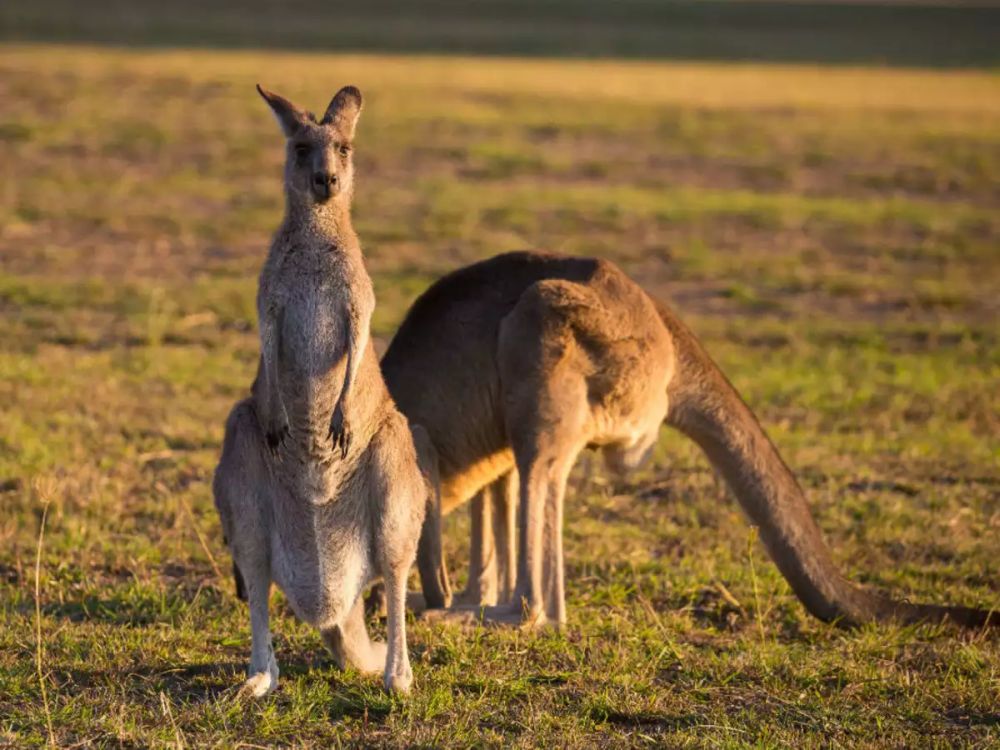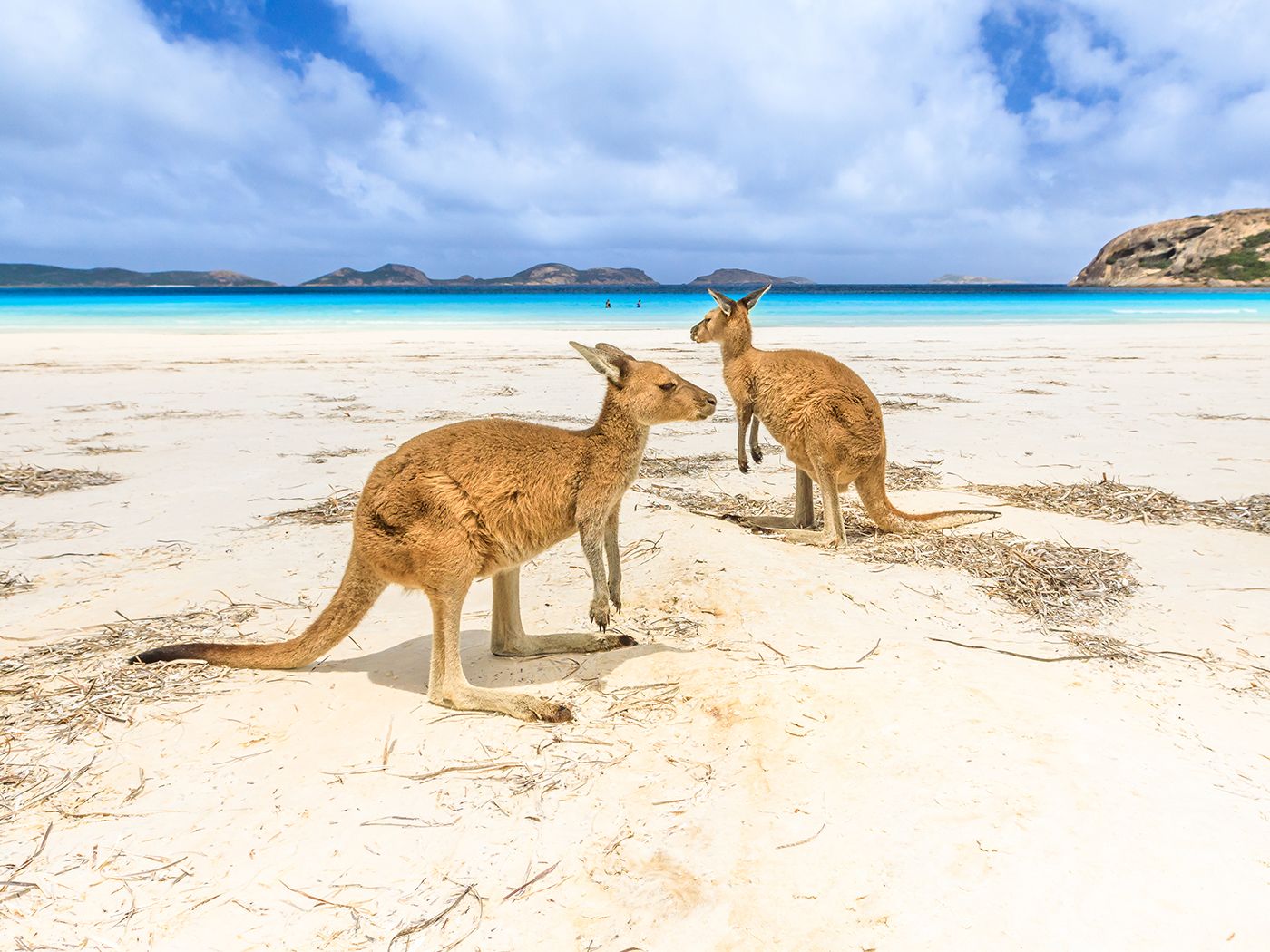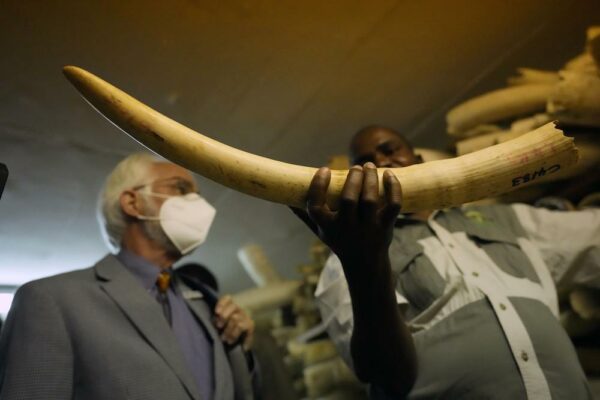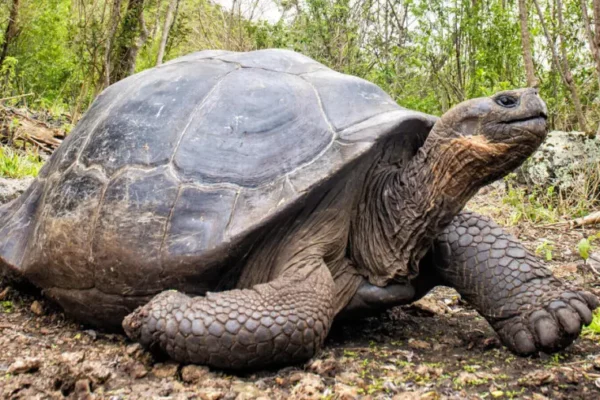Kangaroos in Bengal – A Shocking Tale of Exotic Pet Trafficking
Jalpaiguri in north Bengal now becoming a hot spot destination for the exotic wildlife trafficking
Recently, the forest officials were in shock after spotting a dead baby kangaroo and three more adult kangaroos in the Jalpaiguri district of West Bengal. This incident has left the entire forest department perplexed. They were baffled after finding kangaroos in North Bengal, which is thousands of kilometres away from their origin, and natural habitat in New Guinea and Australia. The news clearly indicates exotic pets trafficking, as the dead kangaroo was found in a town in Siliguri.
Meanwhile, the alive kangaroos were rescued from Dabgram-Farabari and Gajaldoba regions in West Bengal. Last month, the forest officials rescued a kangaroo in Alipurduar’s Barobisha along the West Bengal-Assam boundary. Two persons in the goods truck were arrested for trafficking the innocent marsupial.
Illegal Wildlife Trafficking in India
According to the forest officials, the rescued kangaroos were in bad health conditions. It is suspected that these kangaroos were brought to India through the Nepal route, and the smugglers abandoned them on the forested roadside when they became aware of the security check.

Image: Times of India
Some people were also suspecting that these kangaroos may have escaped any nearby zoo. But Parveen Kaswan, Indian Forest Service officer (IFS), cleared that there’s no kangaroo in neighboring zoos. However, people who are already aware of animal smuggling in this region are not surprised by kangaroo spotting in India.
As per the Wildlife Crime Control Bureau, around 2,045 cases have been registered for illegal trafficking and killing of wild animals in India. These cases have increased in 2018 and 2020. During this period, around 3,836 people have been arrested for animal trafficking.
Trafficking Rise Due to Demand for Exotic Animals
The trafficking of these exotic wild animals is increasing due to their demand in the illegal pet world. Jose Louies, the joint director of the Wildlife Trust of India’s Wildlife Crime Control Division, mentioned that India is now becoming a popular global destination for various exotic animals. And, the north-eastern border of the country is a preferred route to smuggle the wild animals.
Kangaroos are the new addition to the trafficking of various wild animals and birds. Some of the exotic species that are on the trafficking list are parrots, macaws, rhinoceros, iguanas, lemurs, lovebirds, and so on.
What Needs to be Done?
According to SP Pandey, a local activist from the SPOAR (Society for Protecting Ophiofauna and Animal Rights) organisation, Jalpaiguri and its surrounding areas have become a popular spot for people involved in illegal wildlife trafficking. He mentioned that the masterminds behind such rackets are from outside India. But the middlemen are usually the locals.
It is not easy to reach the kingpins as the local middlemen don’t know them. They do so to earn money for their families, and to rise above their poverty-stricken backgrounds. However, the authorities in this region are quite alert about various trafficking incidents.

Image: ICR
The forest officers in the region work actively to save the forests and take strict actions against wildlife trade. Due to their efforts, there has been a significant decrease in the number of these in the past few years.
Social activists and forest officials say that besides the living animals, the trafficking also involves animal body parts, like skin, fur, teeth, stuffed heads, and bones. Earlier it was not easy to identify different animals from the locals. But due to various workshops organised by social activities, many people in the region have become alert. So, the crimes are easy to discover.
However, there are still many loopholes that the government needs to address. Nevertheless, the forest department requires to take more strict actions to stop such hideous crimes against animals.
Via: Down To Earth


